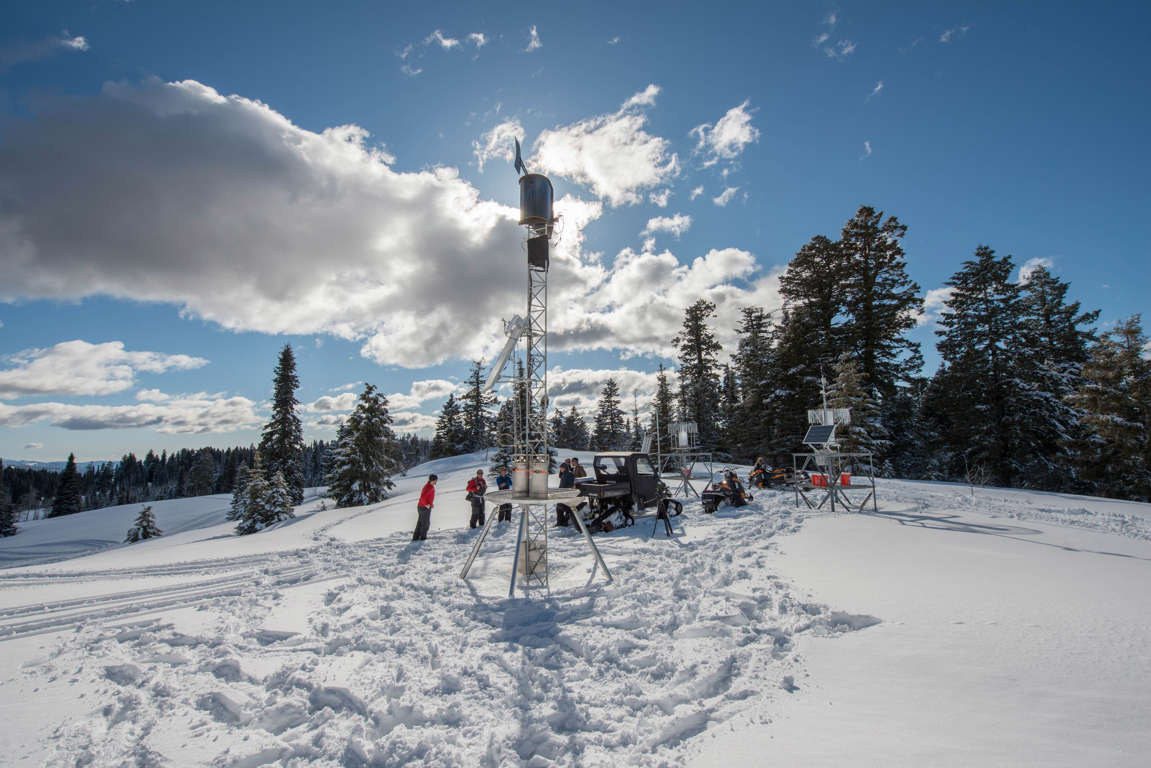Every day we wake up, drink a cup of coffee, and get ready for work. Following are a handful of stories from around the tech world condensed to fit into one single cup of coffee. These are the things you need to know before you step foot out of your door (or in front of a webcam) and into the real world this morning.
So sit back, grab a cup, and start your morning off right with a few “Quick Bytes” from Innovation & Tech Today.
Cloudseeding is Picking Up Out West
The idea of cloudseeding to create rain was science fiction not that many years ago. Today, it’s picking up steam as western states determine how best to battle crushing droughts that return year-after-year. In Idaho, workers have been seeding clouds to create snow that will thaw in the spring and send additional freshwater into rivers, streams, and reservoirs. For more, check out this Washington Post story.
NASA Plans to Nudge Killer Asteroid
Massive asteroids fly throughout our galaxy all the time, causing more near-misses than most of us would care to know about. NASA is ready to fight back. Today, NASA is launching DART (Double Asteroid Redirection Test) aboard a SpaceX rocket from California. It will take 10 months to travel to the binary asteroid system. The hope is they will be able to nudge an asteroid enough to change its course.

Report: Amazon Wages War on Privacy
A Reuters report Monday deeply detailed the extensive efforts to which Amazon has gone to battle bills related to privacy protections. The company has reportedly “killed or undermine more than three dozen” bills across 25 states. Reuters obtained a number of confidential documents detailing the company’s efforts. Such efforts range from boosting political donations to making the bills more industry-friendly.
GoDaddy Hack Exposes 1.2 Million Customers
Domain giant GoDaddy disclosed a hack Monday that has left approximately 1.2 million customers, both active and inactive, exposed. Among the things compromised are email addresses, WordPress, and database login credentials. The hack was discovered on Nov. 17, and reported to the Securities & Exchange Commission. The hacker used a compromised password to gain access.











